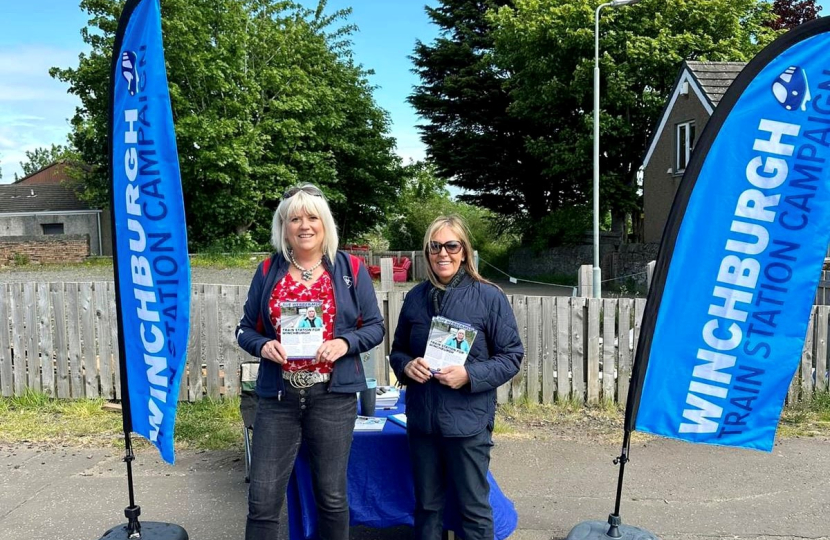
Readers of this column will know what a battle I’ve had to persuade Transport Scotland to fund the construction of a new railway station at Winchburgh.
It has been obvious for decades that major new housing plans need strong infrastructure to succeed, particularly transport, so it has been a mystery to me why Transport Scotland has had to be strong-armed into doing more than pay lip-service to the need for a train halt in a burgeoning community of 4000 new homes.
We’ve been hearing a lot from the new Labour housing secretary Angela Rayner about the need to accelerate house construction, and I wouldn’t disagree. But with her Chancellor Rachel Reeves axing the £500m Restoring Your Railway fund, established to reopen lines lost in the Beeching Cuts of the 1960s, it makes finding new places where people will genuinely want to live that bit more difficult.
Even with a budget of approximately £4.5bn last year, I know there are a lot of competing demands for Transport Scotland’s resources, but as the housing shortage has been clear for years, supporting housing should be at the top of its priorities.
The Winchburgh experience is in stark contrast to Transport Scotland’s support for low emission zones, and without it agreeing in advance to pick up the £550m tab for the necessary infrastructure, the Edinburgh LEZ would not have happened. It also funds the low emission zone support fund for small businesses and households to get rid of non-compliant vehicles, with a budget of £5m this year.
Admittedly, Transport Scotland has no option but to implement SNP policies like LEZs. However, Winchburgh is part of the Edinburgh City Region Deal which the SNP supported locally and nationally, but money was no object for LEZs, for which there was no popular clamour.
I was on the council transport committee in 2021 when the LEZ was debated and the benefits were always marginal at very best, given how much air quality had already improved. But we never expected that the one organisation to have problems complying would be the council itself.
It therefore beggars belief that three years on, the authority is spending £2000 a week to hire 41 vehicles because it has not brought its entire fleet up to the required standard. Maybe £100,000 a year might seem small change for an authority with a £1bn annual budget, but that’s not the point.
It’s not coppers, but an example of profligacy which is no doubt being repeated elsewhere, money which would be a lifeline grant for the many community organisations the council has recently cut adrift because of the financial pressures caused by SNP reductions in local government budgets.
It is quite disgraceful that the council, and Labour transport convener Scott Arthur, were celebrating the dishing out of 6000 LEZ fines in the first month of its operation but all the while spending £2000 a week to beat its own traps.
Not for the first time, Cllr Arthur must think our heads button up the back by expecting us to believe it’s because it’s hard to find replacements for some specialist vehicles, as if that makes it OK. In three years? After all, it’s not as if they are asking Ferguson Marine to build them some new ferries.

